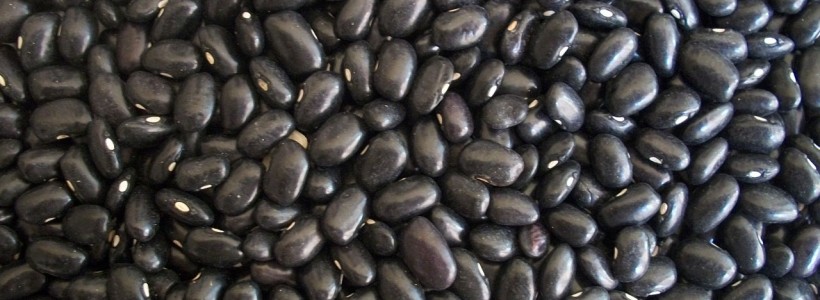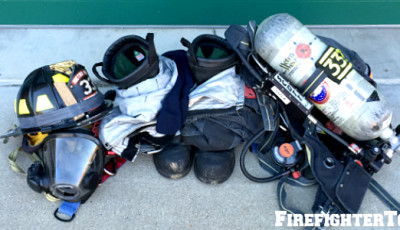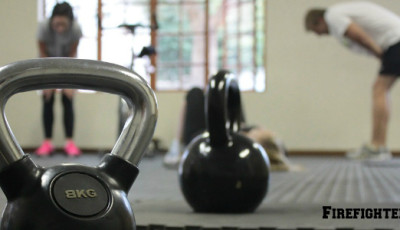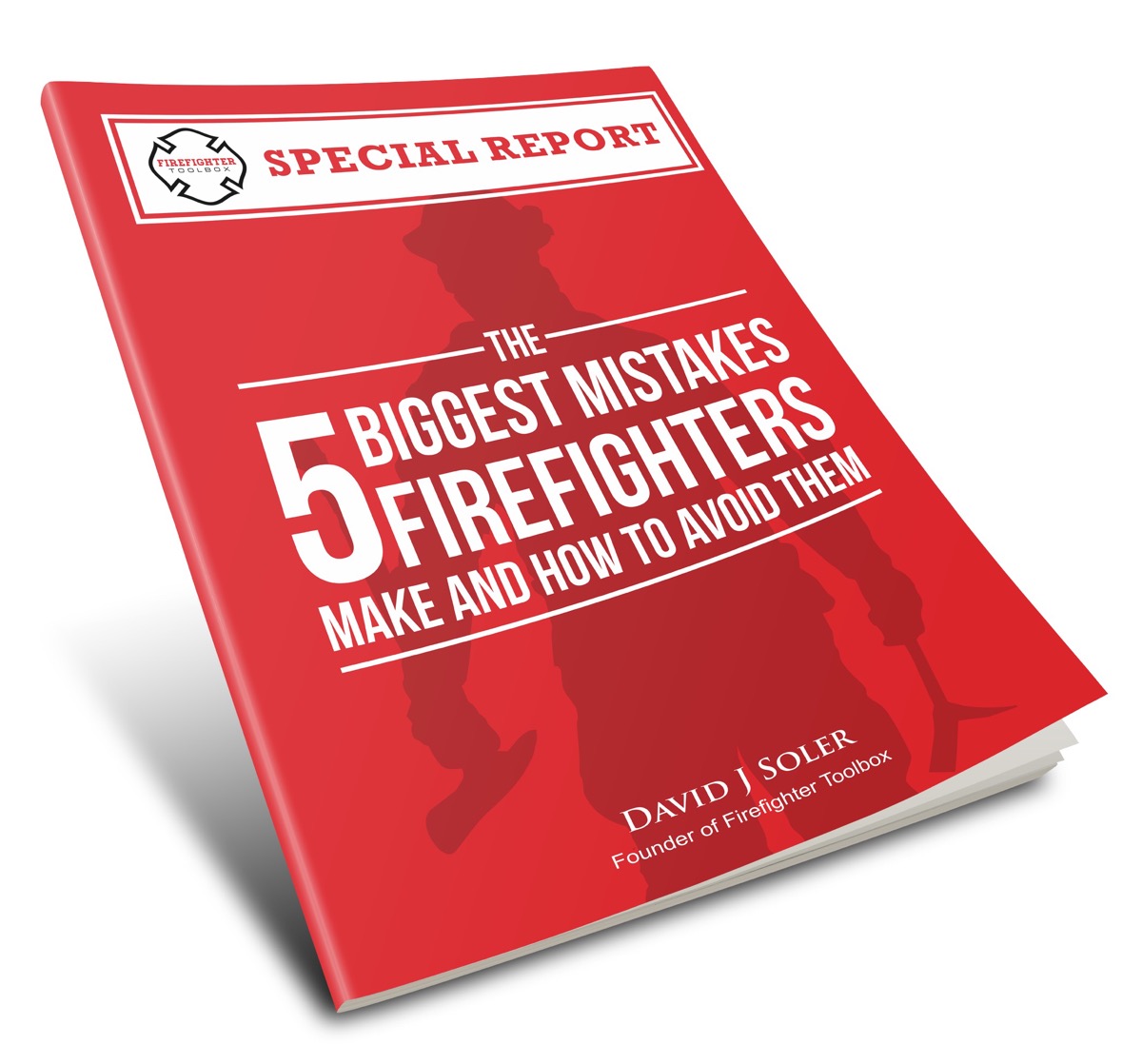The Top 5 Foods FFs’ Must Eat: #1
Just like the saying goes, beans truly are “magical.” Beans are the ONLY food that are a lean protein, an excellent source of fiber AND a vegetable all in one.
Wondering if you read that right?
YES, beans are so full of nutrients that, according to the Dietary Guidelines for Americans (the most scientific source for diet recommendations), beans (and green peas) count toward your recommended 5 servings of vegetables daily, even the beans in your burritos!
Beans are high in both vitamins and minerals. They contain many of the b-vitamins, which help the body produce energy and aid in many other bodily functions. Beans are especially good for women to eat as they are high in folate and iron, two essential micronutrients that many females do not get enough of, contributing to anemia (low iron) and birth defects (low folate).
Beans certainly have a reputation for moving things through the digestive tract. That’s because just one cup of beans has enough fiber to meet your daily requirement; about 30 grams. That’s a ton more than even other high-fiber foods; for example, a piece of whole wheat bread has 2 grams of fiber. So beans are the best source of fiber per volume of food.
Fiber has some really important health benefits. It lowers cholesterol which reduces risk of developing heart disease. It also rids the gut of harmful bacteria that can cause colon cancer. And since it aids in excretion, it can also help prevent diverticulitis and hemorrhoids. Yet another great thing about fiber is it makes you feel full. Therefore, it’s a natural weight loss aid. So, eating beans means you can eat low calorie without going hungry.
Last but not least, beans are very high in protein.
This is good news for firefighters since they typically eat a lot of meat and majorly over-consume protein. While I don’t promote vegetarianism, I do try to help firefighters see that meat (even chicken!) contains cholesterol and saturated fat, and there are other, leaner sources of protein. You might be surprised to know that one cup of beans has over 40 grams of protein in it. A 180 pound (82 kg) man only requires 65 grams of protein daily.
A question I frequently get is whether this applies to all types of beans. The answer is yes – except green beans which belong to a different family altogether (but are still a healthy food)- garbanzo beans (chickpeas), kidney, black, pinto, even refried beans! In Mexican food, it’s often better to enjoy beans in homemade dishes since Mexican restaurants typically cook their beans in lard.
Try eating four half-cup servings of beans per week. Your arteries and your waistline will thank you.
(Part 6 of 6 FINAL)










According to Paleo they are bad for you.
One of the most frequently asked questions about paleo is ‘why does the paleo diet exclude beans and legumes?’ So today I am going to explore that a bit more.
Beans come in many forms, adzuki beans, black beans, broad beans, garbanzo beans, kidney beans, lima beans, mung beans, navy beans, soy beans and the list goes on.
There are also many types of legumes as well, black-eyed peas, chickpeas, lentils, peanuts, and the list goes on.
I Thought Beans and legumes were healthy…
Being a vegetarian for more than 15 years prior to becoming paleo I always thought beans and legumes were good for you, right? I mean that’s where we get protien from as a vego, they are recommended as healthy and full of good nutrients, so naturally we think they are okay.
But all is not as it seems…
Beans And Legumes Are Not Optimal Food Choices
Even though beans and legumes may contain some nutrients, they are not as nutrient dense as fresh fruits and vegetables and therefore not an optimal choice. They also don’t provide the best source of protein, especially for non vegetarians. Fresh meats, fish, eggs, and poultry provide a much wider range of nutrients and the full amino acid chain of proteins. Beans and legumes care not complete proteins so meats, fish, eggs and poultry are obviously a better choice for protein.
Beans and legumes also contain quite a high level of carbohydrates, which may in itself have a negative affect on blood sugar regulation (I won’t go into that now) and that equals havoc on many different levels especially if you are trying to lose weight, have health issues, or any type of metobolic problem.
Beans and Legumes contain Lectins
But researching the story on beans and legumes reveals that they have anti nutrients known as lectins, along with some sugars and other prohibitors that can be very difficult for many people to digest.
So what are lectins exactly?
Lectins are carbohydrate binding proteins present in most plants, especially seeds and tubers like cereals, potatoes, and beans. Until recently their main use was as histology and blood transfusion reagents, but in the past two decades we have realised that many lectins are (a) toxic, inflammatory, or both; (b) resistant to cooking and digestive enzymes; and (c) present in much of our food. Source
So what that means is that beans and legumes are:
Literally… toxic. The problem is that usual preparation methods of prolonged soaking and rinsing, cooking, sprouting, or fermenting only partially neutralizes those toxic substances ” Source
So if that’s the case and preparing beans and legumes only partially fixes the issue then really they are not an optimal food.
But there’s a little bit more to the story…
Your Digestion Rules!
Overall it’s all about your digestion and gut health.
I don’t know about you but if I eat certain types of beans and legumes I get alot of gas! And if you experience any kind of digestive dysfunction such as bloating and gas, or any type of different physical sensation, such as headaches, aching joints and so forth, then these foods do not agree with your digestive system or you.
When we disrupt the way our digestive system functions we are actually compromising our immune system, which is why so many people are getting sick from a modern diet filled with grains, beans, legumes and so forth.
You see, 70% of our immunity resides in our gut. Yes that means that the food we eat is having a direct impact on our immune function and the state of our health overall.
So if you think the food you eat does not affect the way you feel or the state of your health, then think again!
When you consume foods that disagree with your body:
you are constantly disrupting your own digesting process, which is then in a cascade, disrupting your entire immunity…if you are constantly eating foods that are challenging your immunity then you are demanding an immune response at your gut lining all the time” Source
That means our body is requiring resources to fight at the gut level all the time.
Further to this, the lectins in wheat, kidney bean, soy bean and peanuts are also known to increase intestinal permeability, also known as ‘leaky gut syndrome’ or ‘candida overgrowth’. I’ll have to do another post about this, but what it means is that toxins are leaking through your gut lining back into your blood stream, and that’s not good.
But Maybe I Can Eat Beans And Legumes
Well on the other side of the arguement, some may say that beans and legumes are okay. That may be true for some people but the problem is that many of us have been overconsuming grains, beans, legumes and dairy for far too long. Therefore many of us have compromised our immunity and health to the point where we need to cut them out for a while just to know what the issues really are.
You may be able to eat beans and legumes. But if your health is not optimal right now, or if you need to lose weight right now, then eliminate these less than optimal foods and see what happens.
Just remember, if the state of our health comes directly from the foods we consume, and if beans and legumes may be contributing to the problem, then it comes to reason that you may need to exclude them from your diet, maybe not forever but at least for a while.
And even if you choose to reintroduce them, I’d keep them at a minimum since they are not an optimal food.
Still confused??
When it comes to paleo, many people want a one size fits all plan with the rules set out in a clear to understand fashion. But it simply doesn’t work that way. One person may do just fine to eat some kidney beans occasionally, whilst another person won’t. One person my be able to eat sprouted alfalfa, another person won’t. One person may be able to include some dairy, another won’t.
It’s up to you to monitor how food affects your individual body and learn what works for you.
Choose the most optimal foods you can, at least most of the time. And if you choose to eat less than optimal foods, monitor how they react in your body and then make the choice on whether you want to include them or not.
However as already stated, if you’ve got issues, you’ve got issues and it’s best to eliminate all possible contributing factors, and that means no beans and legumes!
I hope you found this article helpful
Talk soon
Jedha
P.S. If you’re looking for a comprehensive guide to help you get right into paleo, the Whole30 Nutrition Guide is excellent.
7Share
You might also like:
Adjusting to the paleo diet
The Paleo Diet: Bacon Or No Bacon?
What is the paleo diet and lifestyle really about?
Hi Chris, you should cite your source here since your comment is clearly cut and pasted from another website. FYI, my source is always the Dietary Guidelines for Americans since that is the most scientific, non-biased (not trying to sell anyone anything), and comprehensive resource for nutrition scientists as well as the general population. https://www.health.gov/dietaryguidelines/